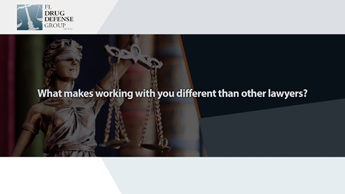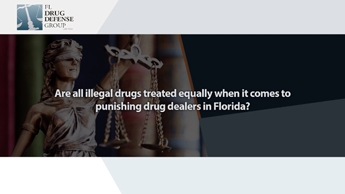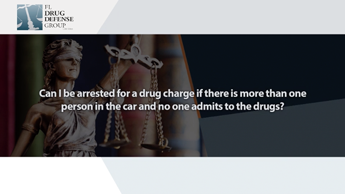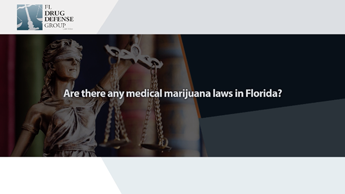Can Where You Live Affect the Drug Charges You Get?

All over Florida, people are using illegal drugs in the privacy of their homes, and the police will probably never find out. Police cannot enter your house and search for drugs unless they have a search warrant, and the court will only issue a warrant if police officers submit a statement to the court explaining what kind of drug activity they think is going on at your house, how they found out about it, and what they think they will find if they look there. The role of biases and profiling in drug-related traffic stops is well known, but it can also happen in relation to drug cases where police search someone’s home after obtaining a warrant. If you think that police targeted your house for a search just because of who you are and where you live, contact a Florida drug offenses attorney.
Life in a Drug-Free Zone
Did you know that where you are when you get caught with drugs affects the penalties you can receive for a drug crime conviction? Florida law allows judges to impose enhanced penalties on people convicted of drug crimes in areas that the state has designated as “drug-free zones.” Almost all states have laws about drug-free zones, but Florida interprets the term more broadly than many other states do. In Florida, you are in a drug-free zone if you are within 1,000 feet of a school, church, public park, house of worship, public housing facility, or 24-hour grocery store. While it seems reasonable that bringing drugs to these places is more dangerous to the public than bringing them to a frat house or nightclub, for example, it is the “1,000 feet” rule that has attracted controversy. In some urban neighborhoods, you cannot go anywhere without being within 1,000 feet of one of the aforementioned places; your house, all of your neighbors’ houses, and your bus route to and from work are all drug-free zones, whether this was your intention or not. When a rich kid drops acid at a friend’s house, it is simply a case of drug possession, but when you do it, it is drug possession in a drug-free zone.
The arrest of Roytone Smikle exemplifies this disparity in the law. In 2021, police arrested Smikle, then 26, after executing a search warrant at his home in Moore Haven, where they found methamphetamine, oxycodone, and cannabis. He was charged with trafficking of methamphetamine and oxycodone, as well as with possession of oxycodone and cannabis with intent to deliver within a drug-free zone. The latter charge stems from the fact that Smikle lives within 1,000 feet of a church.
Contact FL Drug Defense Group About Criminal Cases Related to Drug-Free Zones
A Central Florida criminal defense lawyer can help you if you are being charged with drug possession or other drug crimes near a school or other drug-free zone. Contact FL Drug Defense Group in Orlando, Florida to discuss your case.
Source:
nbc-2.com/news/crime/2021/01/08/man-accused-of-trying-to-sell-meth-pills-near-glades-county-church/







